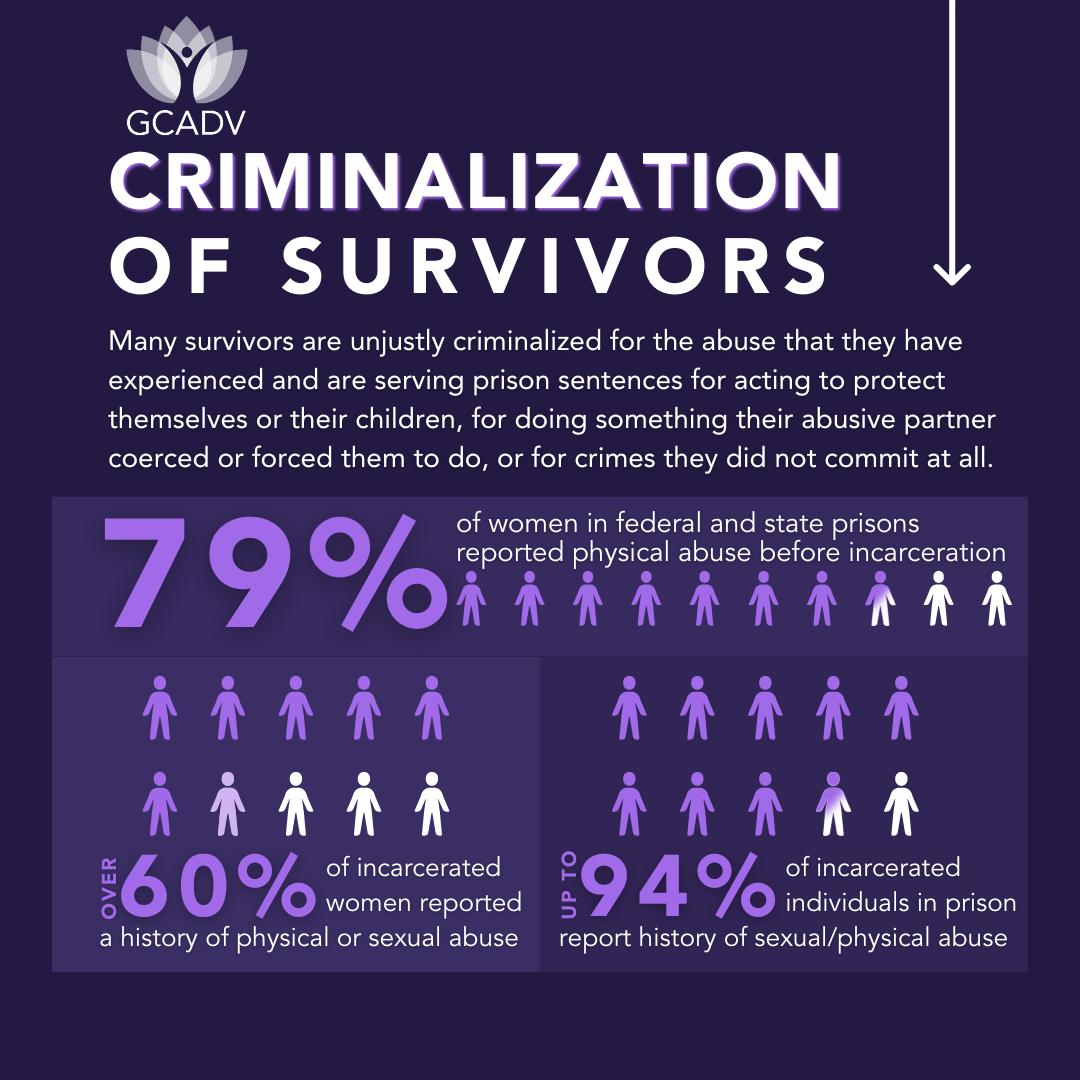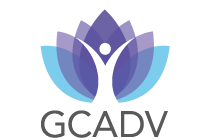
GCADV’s Justice for Incarcerated Survivors (JFIS) Project provides advocacy and post-conviction relief to women who have survived domestic violence and are incarcerated in Georgia’s prisons. In the JFIS Project, we focus our efforts on supporting parole for incarcerated survivors by conducting interviews and bringing forward the histories of domestic abuse that may not have been considered during their trials or parole hearings. The survivors that we work with come from across the state and are incarcerated at Lee Arrendale State Prison, Emanuel Women’s Facility, Pulaski State Prison, Whitworth Women’s Facility, and the Atlanta Metro Transitional Center. The JFIS Project works in collaboration with many partners, including Alston & Bird LLP, Troutman Pepper Hamilton Sanders LLP, the Fulton County Conviction Integrity Unit, Igniting Hope, the Atlanta Community Support Project, the UGA School of Law Jane W. Wilson Family Justice Clinic, partners from the Georgia State Board of Pardons & Parole, and partners from the Georgia Department of Corrections.
Additionally, our work could not be done without the assistance of a dedicated group of project volunteers who assist with interviews, case review, and post-release support. Our volunteer group includes attorneys, professors, students, domestic violence shelter staff, GCADV staff, and DV advocates. If you are interested in volunteering on this project, please be in touch with Selena Faith at sfaith@gcadv.org.
Imperfect Victims:
Charis and GCADV presented in March 2023:
Imperfect Victims: Criminalized Survivors and the Promise of Abolition Feminism, a panel discussion featuring Leigh Goodmark (author), Karimah Dillard, Micah Herskind, and jenani “jen” srijeyanthan. Imperfect Victims is a profound, compelling argument for abolition feminism—to protect criminalized survivors of gender-based violence, we must dismantle the carceral system.
Since the 1970s, anti-violence advocates have worked to make the legal system more responsive to gender-based violence. But greater state intervention in cases of intimate partner violence, rape, sexual assault, and trafficking has led to the arrest, prosecution, conviction, and incarceration of victims, particularly women of color and trans and gender-nonconforming people. Imperfect Victims argues that only dismantling the system will bring that punishment to an end.
Amplifying the voices of survivors, including her own clients, abolitionist law professor Leigh Goodmark deftly guides readers on a step-by-step journey through the criminalization of survival. Abolition feminism reveals the possibility of a just world beyond the carceral state, which is fundamentally unable to respond to, let alone remedy, harm. As Imperfect Victims shows, abolition feminism is the only politics and practice that can undo the indescribable damage inflicted on survivors by the very system purporting to protect them.
